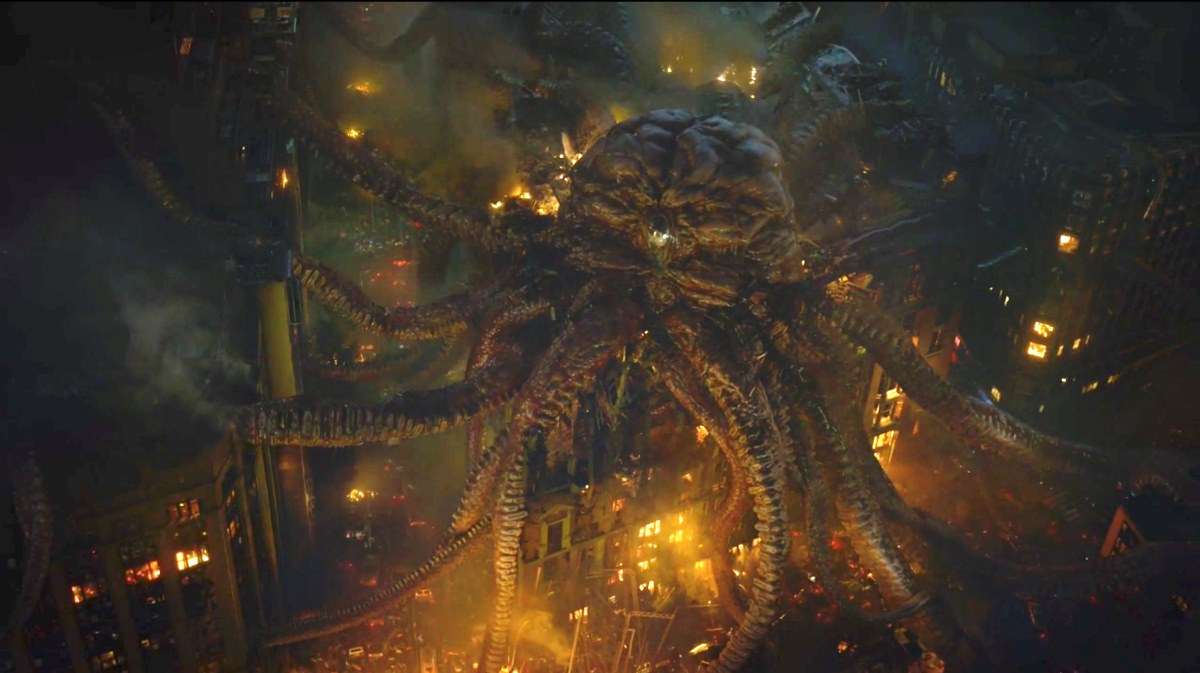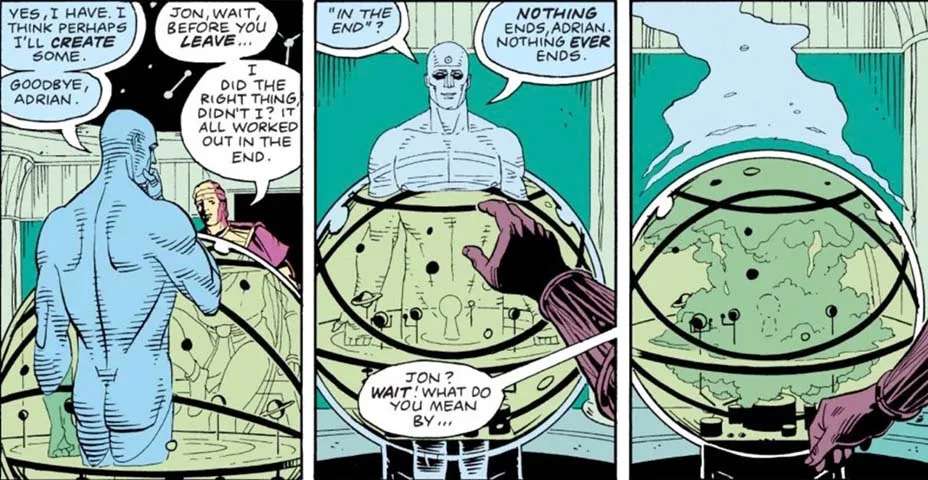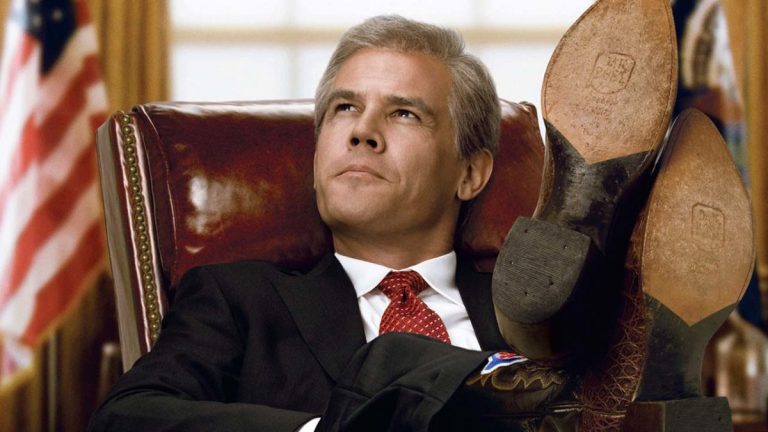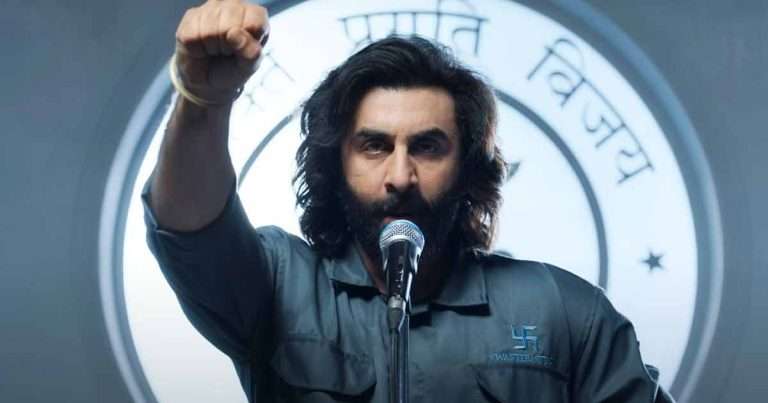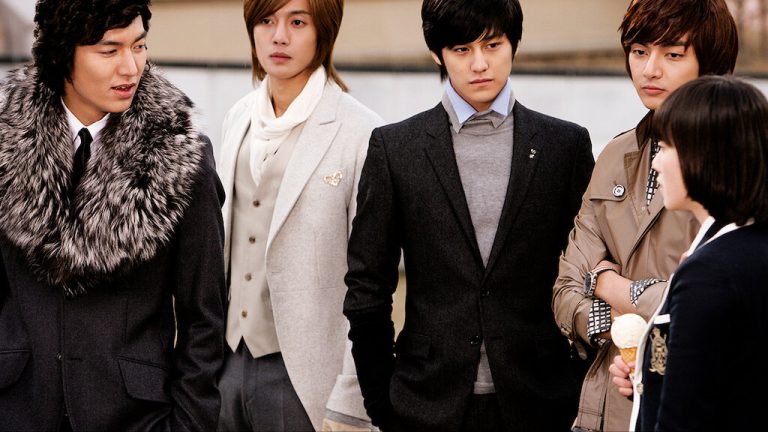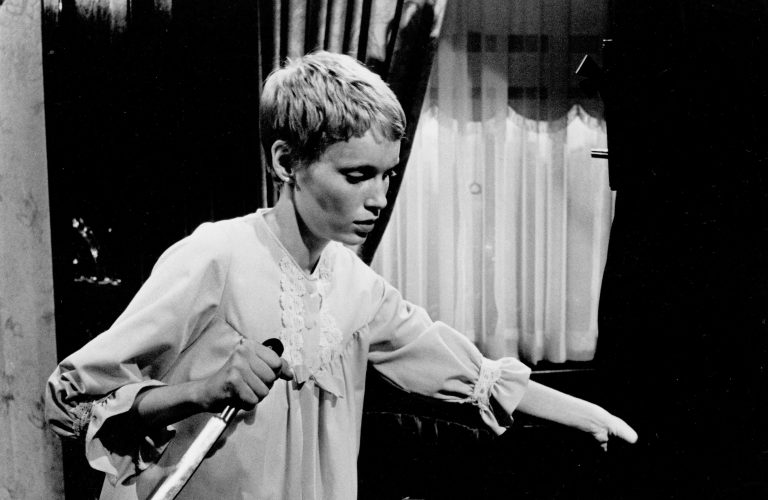Very few comic book films have inspired as much fervent discourse as the 2009 Zack Snyder-helmed epic ”Watchmen” based on the acclaimed graphic novel of the same name by legendary author Alan Moore. While some like Roger Ebert gave Snyder’s “Watchmen” glowing reviews, others were far less impressed by the film, to say the least. It has received a barrage of criticism regarding its portrayal of violence, glorification of certain characters like Rorschach, etc…People even go as far as to say it completely missed the point of the comic despite being so slavish to the source material.
While I also consider the comic to be far superior to the film, I’ve always felt that some of the often parroted criticisms never hold much weight or were at least so minor they don’t warrant hyperbolic claims like how Snyder and the film’s writers completely missed the point of the comic, especially since such discussions usually ignored certain crucial changes in the film that dilute some of the most interesting aspects of the comic at the end. But before I get into that let’s talk about some of the criticisms I mentioned earlier.
Glorifying Violence and the Characters
One of the most common complaints you’ll see of Snyder’s “Watchmen” is that the film glorified violence and as a result the characters themselves. It’s often argued that everything from the gratuitous use of slo-mo and meticulously choreographed action sequences to something as minor as more professional-looking costumes played a role in making the characters cooler and more likable than they were in the comics. While the comic certainly avoids some typical flashy action tropes I wouldn’t necessarily say the movie is at odds with the spirit of the comic in that aspect. In the comic, Moore and Gibbons incorporated traditional formal elements, such as a structured 3×3 panel grid and a predominantly three-color palette. However, unlike the vibrant primary colors typical of more cheerful comics, they emphasized secondary colors, creating a darker and more nuanced aesthetic.
As a result, they were able to achieve a gritty feel without relying too much on blacks, greys, and browns that you’d expect from a typical grimdark comic. So what I am trying to get at is that the comic doesn’t stop being subversive because it utilizes some of the stylistic conventions and tropes of the stories they were deconstructing. What matters more is how those conventions were utilized and even more important is the content that all those elements are used to illustrate. I would argue for the most part the movie follows a similar path. While it is true that “Watchmen” has Zack Snyder’s signature use of slo-mo and impeccable choreography, the action isn’t always as ‘fun’ as it would be in a typical superhero movie. Take for example the alley fight in “Watchmen.”
It’s a familiar setup often seen in action movies: a group of troublemakers crosses the wrong person and ends up paying the price. Typically, these scenarios play out in sanitized fight scenes filled with funny banter and quips. Here, however, the action takes a darker turn, becoming brutally visceral and grotesque. The camera doesn’t shy away from the consequences of the violence as it fixates on the bones breaking through flesh, mangled limbs, and the shattered teeth of the goons who scream in pain. It’s also intercut with a scene where Manhattan learns that people who were once close to him have been getting cancer and he might be the cause. This, combined with the ominous music gives the whole scene a sense of dread rather than catharsis. Contrast this with a similar alleyway fight scene in “Wonder Woman” and the difference is stark.
Another instance is when Niteowl brutally beats up a Knottop gang member after learning of Hollis Mason’s murder. This beatdown is shown almost entirely from the victim’s point of view, with the occasional cut to the gang member’s bloody face and broken teeth. So again the focus here is on how it looks and feels for the guy getting pummeled.
But the one sequence in “Watchmen” that best showcases how even the use of slo-mo doesn’t inherently glorify violence is where Manhattan eviscerates a bunch of assassins while Janie looks on in horror. Here the slo-mo isn’t making the action cool but is used to emphasize the dread she feels at witnessing what his sheer destructive power can do to us mere humans.
It should also be noted that both “Watchmen” the movie and the comic aren’t consistent in that regard when it comes to portraying violence. The fight in Veidt’s palace is somewhat conventional and ‘fun’ in both of them. The only instances where the movie overdoes it unlike the comic are the prison escape fight (just one panel in the comic) and the Comedian’s murder (the fight itself is mostly off-panel). At worst one could argue the movie isn’t as consistent with its portrayal of violence as the comic but it by no means undermines the message of the comic. Even the nitpick about the costumes looking professional is relatively minor as the film did try to incorporate certain ridiculous elements that superhero films were known for like nipples in costumes despite its more serious setting.
But ultimately all these nitpicks fail to get to the heart of why so many people took a liking to these characters, specifically Rorschach whose popularity let’s be honest is the reason why these criticisms are made so often. I think people need to understand that a lot of people admire Rorschach, not because of the action sequences (Dan and Vedit arguably have better fights but they don’t have such a fervent fanbase), and certainly not because of the flashier costume but because they share his worldview. One of the reasons that made “Watchmen” so great was that even though Moore thoroughly opposed his views, he didn’t turn Rorschach into an easily hateable caricature.
So people with objectivist leanings reading the comic still sympathized with his character. Those who admire Rorschach often point to his unwavering principles and uncompromising stance as the reason for their admiration, rather than the appeal of his striking costume. To me what really drives home the point that all these additional details wouldn’t have made much of a difference in the popularity of Rorschach is the fact he was wildly popular even before the movie. The creators have talked about this plenty of times (that famous Alan Moore quote brutally mocking Rorschach’s fans was from before the movie was released) and it has been the subject of debate ever since the comic was released.
Of course, the comic does pose a dilemma at the end where this worldview is scrutinized and is something that the movie should genuinely be criticized for bungling (which is something I’ll get into later on in the article).
The Squid vs. Manhattan: Debating the Film’s Revised Ending
Another criticism that’s often mentioned involves the removal of the squid from the story. The film’s writers went in this direction as the movie was already 3 hours long and using Manhattan himself in the squid’s place was viewed as a good way to abridge the overall story. A lot of people took issue with it because they believed that the world wouldn’t unite against Dr. Manhattan as he was a long-time US agent enforcing America’s global agenda like participating in the Vietnam war. As such nations would be suspicious of the US first and unlikely to unite with them if Manhattan was assumed to be the source of all this destruction.
To me, this criticism doesn’t make much sense when you consider that Manhattan before the events of the climax has a huge breakdown that was seen by the entire world and takes off to Mars. The very reason both superpowers inch faster towards nuclear war is that they both realized the US could no longer rely on Manhattan to act as a deterrence. So when Manhattan attacks major cities across the globe indiscriminately why would anyone be suspicious of the US?
What logical reason could the US have to kill millions of its citizens and the citizens of its allies? To me, it doesn’t take a huge stretch of the imagination to believe that the sense of self-preservation of these nations is bigger than whatever anger or suspicion they could have towards the US with regard to Manhattan. The plan doesn’t make perfect sense but neither does it in the comic (I mean seriously, put it under scrutiny and the whole thing falls apart).
Moreover considering the comic ends with the implication that the peace might not last anyway (Rorschach’s Journal), I don’t see why one should crib about this too much. But as I mentioned at the beginning of this essay the ending does change some of the most interesting ideas from the comic which is what’ll address starting in the next section.
Dr. Manhattan’s Arc: How the Movie Dilutes the Comic’s Profound Themes?
The biggest change brought about by “Watchmen,” the movie’s ending is that it no longer meant that Dr.Manhattan left of his own volition. Since the comic is essentially a commentary on superheroes, one of the core elements of the comic is exploring what would happen if a god-like being like Superman existed among us: would they continue to care about human-scale problems like politics or interpersonal issues while abiding by our morals and rules, or would they come to terms with the fact they’re essentially a god and act accordingly?
Especially Manhattan who experiences all of time simultaneously and can see the deterministic nature of the universe. It concludes that the logical ending for a being like Manhattan would be him coming to terms with his god-like status. So when Manhattan’s growing detachment from human relationships becomes complete and he simply decides to leave Earth to explore the cosmos and try his hand at creation, his character arc is given a very specific conclusion. Unfortunately, all of this is undone in the movie where Manhattan is cornered by Veidt into acting as a unifying threat and has to reluctantly leave. In the movie, even though Manhattan is growing increasingly alienated from the others, it seems he ultimately still yearns to be among them.
To understand this a bit better, we need to start from the point where the culmination of Manhattan’s character arc takes place in the comic, i.e., his self-imposed exile to Mars, and his subsequent conversation with Laurie. See Laurie got him interested in humans but not in the cliche “Humans are special” sense, rather his fascination is similar to that of a zoologist discovering a rare fauna or a physicist observing a rare cosmic phenomenon. To him, while the universe may be deterministic and whatever happens is bound to happen anyway, it’s still remarkable that such a low probability event occurs (“Miracles. Events with astronomical odds of occurring, like oxygen turning into gold“).
This is further reinforced when he decides to kill Rorschach. While an emotional Rorschach insists Manhattan has to kill him if he cares about the greater good so much, as though he’s presenting Manhattan with a difficult moral dilemma, in Manhattan’s current fully realized perspective killing Rorschach seems like a minor and insignificant thing which he does so without much fuss. In the movie, not only does his murder of Rorschach carry much less weight (since Manhattan’s arc is incomplete), but it’s also much more drawn out and melodramatic.
The bittersweet score, Manhattan making a half-hearted attempt at reasoning with Rorschach (the line “I can change almost anything but I can’t change human nature” isn’t present in the comic), and Niteowl screaming “NOOOOO!” makes it an emotionally charged affair with Manhattan seemingly feeling conflicted at having to make this difficult choice. To make matters worse before he leaves he kisses Laurie (which doesn’t happen in the comic), showing he hasn’t fully outgrown his human connections.
Another notable change is that, in Snyder’s “Watchmen,” he says he’s going to create life rather than specifically mentioning humans, as he does in the comic. This doesn’t give the same existential dread to the reader because while we are okay with playing god with other lifeforms (genetic engineering of plants and animals), we get a bit uncomfortable when it’s suggested we try the same things with humans. All in all, by the end of the movie we get a very diluted version of Manhattan in comparison to the comic.
Veidt’s Final Conversation with Manhattan: The Movie’s Missed Opportunity
Another crucial mistake “Watchmen” the movie makes is doing away with the conversation Veidt has with Manhattan towards the end. It’s this interaction that exposes how truly insignificant Veidt and his grand accomplishments are to a being like Manhattan. While Veidt goes on about how he makes himself feel every death, how he has to bear the burden of this horrid crime, looking for validation from Manhattan (whom he considers his true peer) he nonchalantly responds that he understands and that he’s going to leave the galaxy because he can’t be bothered about human affairs anymore.
Not only does Veidt utterly fail to kill Manhattan but his grand plan that his peers viewed with awe and horror, which he hopes would bring in a new epoch in human history is treated as a trivial/inconsequential thing by Manhattan. And when he asks Manhattan if he did the right thing and if it all worked out in the end, he simply responds that nothing ever ends – a statement that only reinforces Veidt’s dawning realization that Manhattan’s perspective is on a completely different plane from his own. See Veidt’s plan may bring peace for the next 500 or even the next 1000 years but that doesn’t mean it’s the end. Humanity could die of disease, resource crunch, or a plethora of other reasons during or long after Veidt’s lifetime while an immortal like Manhattan and the universe itself will simply go on.
The ending for Veidt is not about him dealing with the guilt (though he expresses some mild doubt he was for the most part convinced he did the right thing) or worrying whether the peace will hold. It’s about him grappling with the realization that in the grander scheme of things his accomplishments ultimately don’t matter much and the crushing existential dread that comes with that realization. It’s only fitting he calls himself Ozymandias, all his self-aggrandizing monuments will erode with the passage of time like every other ‘great’ mortal accomplishment.
Rorschach’s Complexity: Lost Nuances in the Movie Adaptation
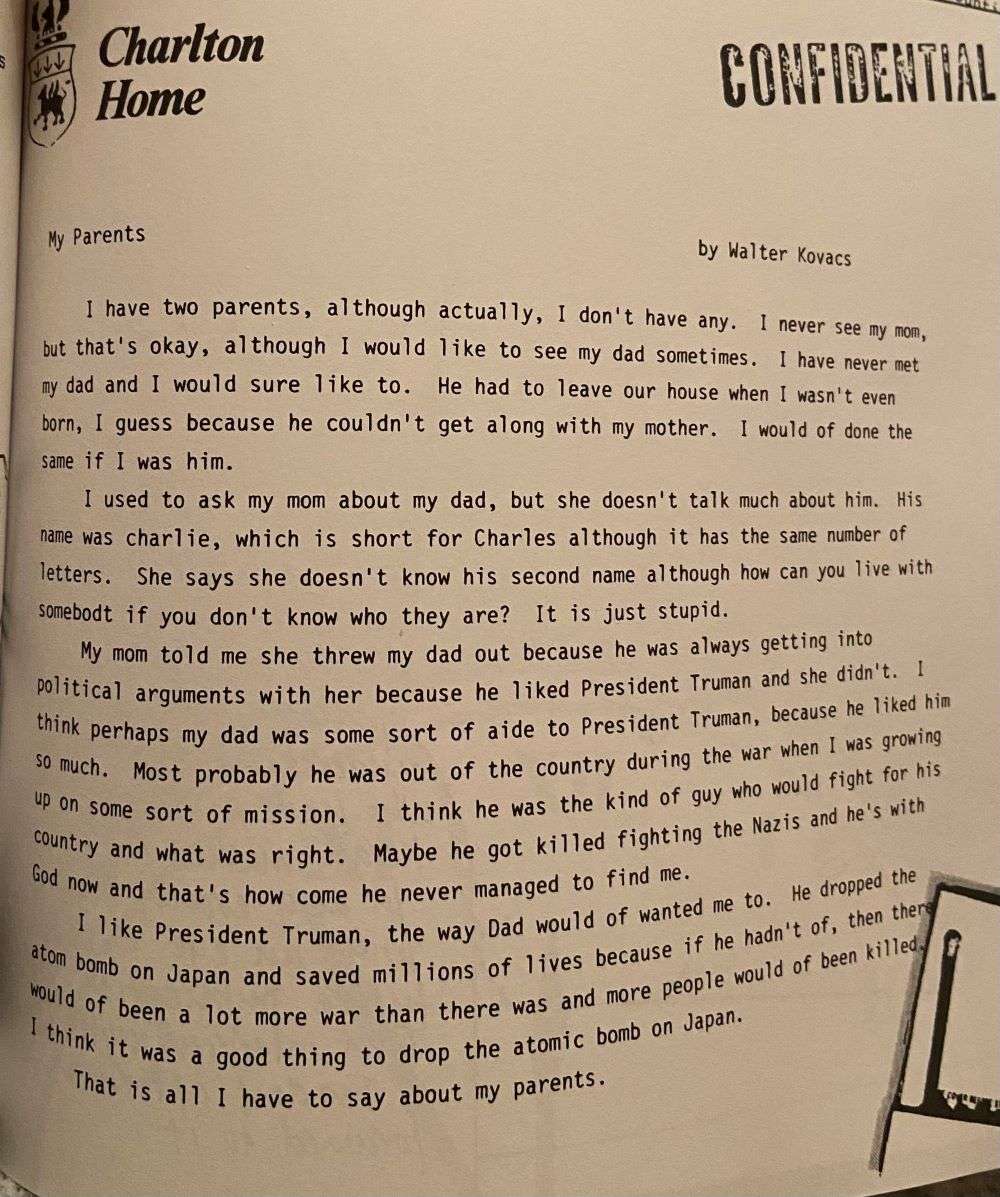
While I don’t think Snyder’s “Watchmen” needed to add every bit of detail present in the comic (like the sloppier costumes in the comic) to deliver a great adaption, I do wish it retained certain details that gave more clarity to Rorschach’s character. For starters, his whole motif if taken at face value is black and white because that’s how he sees the world. Black and white, good and evil. Good must prevail and evil must be punished. No compromise, not even in the face of Armageddon. Very objectivist in outlook unless of course, you dig a bit deeper.
See Rorschach even if he isn’t aware of it himself indulges in shades of grey every now and then, especially when it comes to men he idolized. For example, early on in the comic, he tries to brush off the Comedian’s attempted rape of Laurie’s mother by arguing that he doesn’t want to speculate on the ‘moral lapses’ of a patriot. Although the best bit of detail that should’ve been in the movie is the one about nuking Japan. His reasoning is the usual “It saved millions of lives”, i.e., the greater good. That’s not exactly objectivist, is it? Although in his mind the reasoning probably didn’t go beyond ‘America good. Japan evil’. The best part of this detail is how it ties into the ending.
As one might probably guess, the dilemma Rorschach faces at the end is similar to the nuking of Japan. After all, if he is fine with one for the greater good then he should be fine with the other as well right? Of course, that doesn’t happen, and not only that, he is legitimately devastated by it. Remember that this is the city that Rorschach early on in the comic claims he wouldn’t save because it’s so degenerate.
Yet, when the devastation happens, the sheer moral horror of it reduces him to tears. I would argue the comic is doing something more than simply saying “Rorschach is a hypocrite”. We see a lot of people make similar utilitarian statements, “XYZ group/country is evil, they need to be stopped and drastic measures are needed for the greater good even if it affects some innocent people” way too casually without fully grasping what it entails. Would we be so willing if what’s being sacrificed is our neighborhood, our loved ones?
As for Rorschach, he couldn’t come to terms with what was happening. He doesn’t want to exist in this world that doesn’t make sense to him anymore. The people whom he considered allies, and a force for good are now working with the forces of evil. One of the few people he considered a friend had also betrayed him (Dan accepts the plan a little too easily in the comic unlike in the movie where he can’t digest it till the end). To make matters worse they’re part of a conspiracy that impacts his moral compass.
Even his reasoning that the people deserve to know the truth is tied up in similar hypocrisy because after all his entire profession of masked vigilantism is built upon deceit, secrecy, and lies. Rorschach thought Walter Kovacs died that night with the little girl but the sheer moral horror of Veidt’s plan made him realize he was only buried. So in the end Walter Kovacs with the mask off begs Manhattan to kill him.
Rorschach is a tragic character in part because his worldview was molded by his traumatic childhood. He’s always been good at being in denial about issues that cut deep. Like his father whom he speculates to be a great officer who worked for Truman based on tidbits told by his mother. He’s never realized that was likely a lie, odds are that he’s the son of some random John that his mother lied about. That mindset is something he held on to throughout his adult life.
Conclusion
While I offered both defense and criticism of the movie, my opinion of Snyder’s “Watchmen” overall is that it’s an enjoyable adaptation even if it’s inferior to the comic. It’s common for adaptions of dense source material like “Watchmen” to be not as nuanced and detailed. In that regard “Watchmen,” I would argue is one of the better adaptations from Hollywood.

